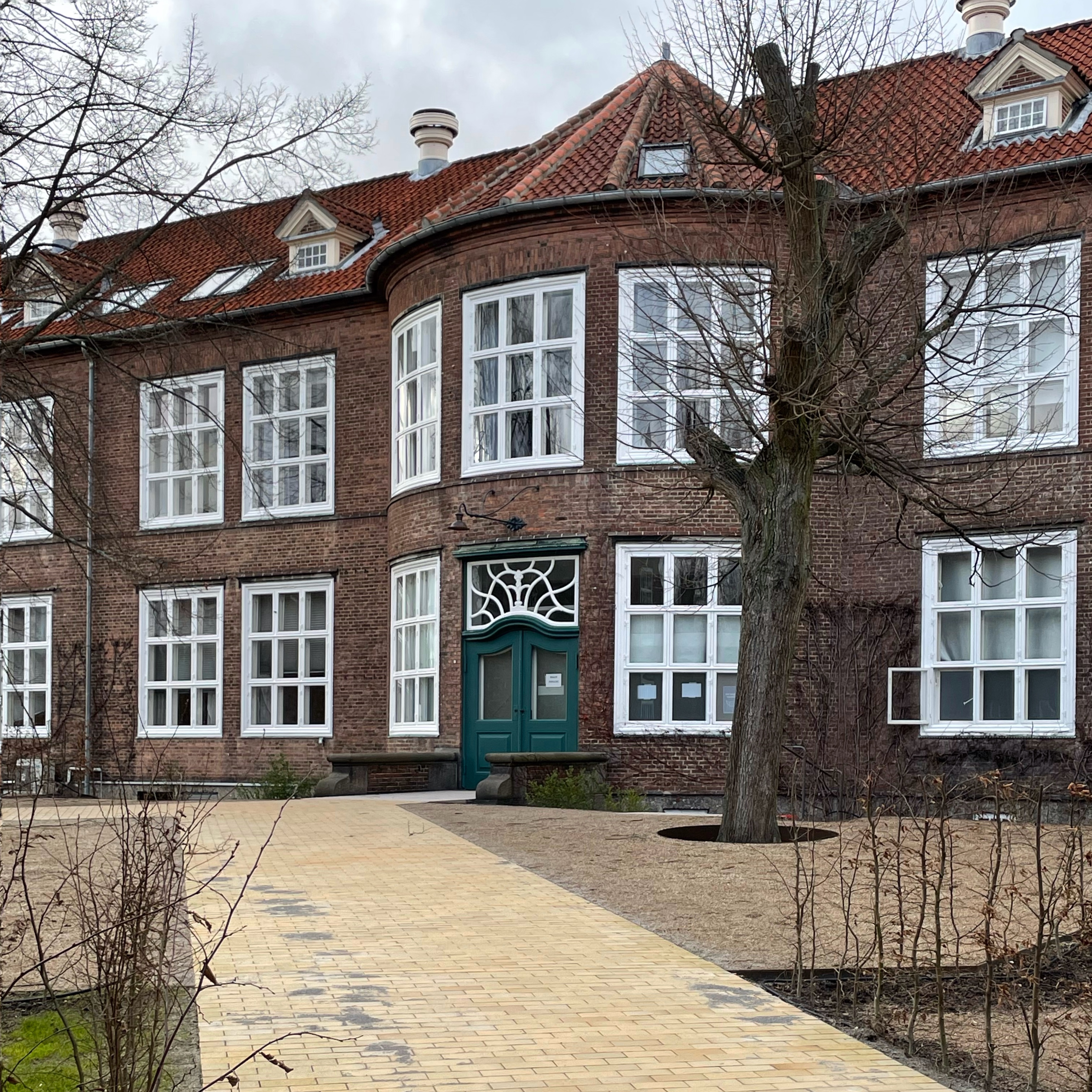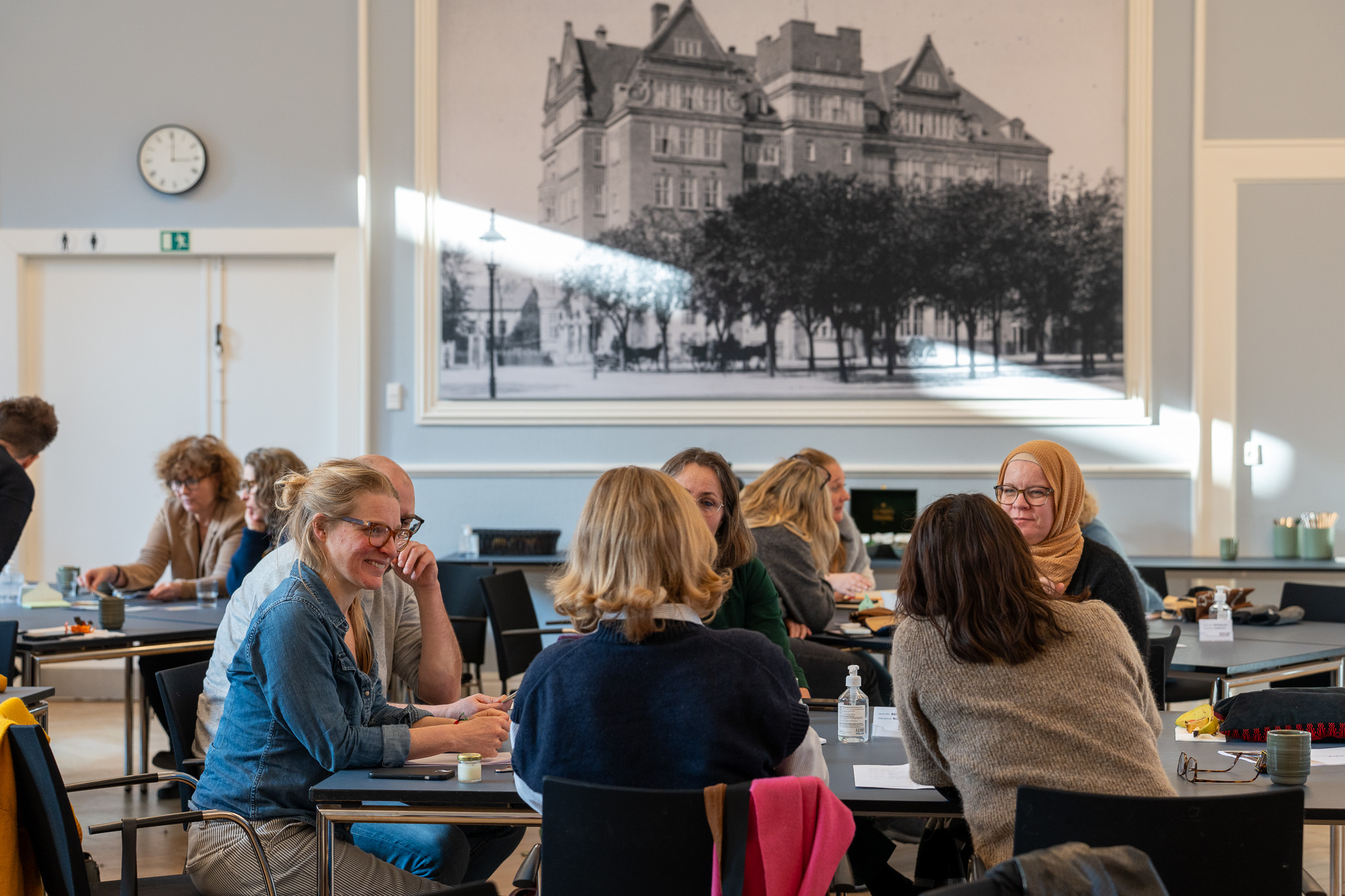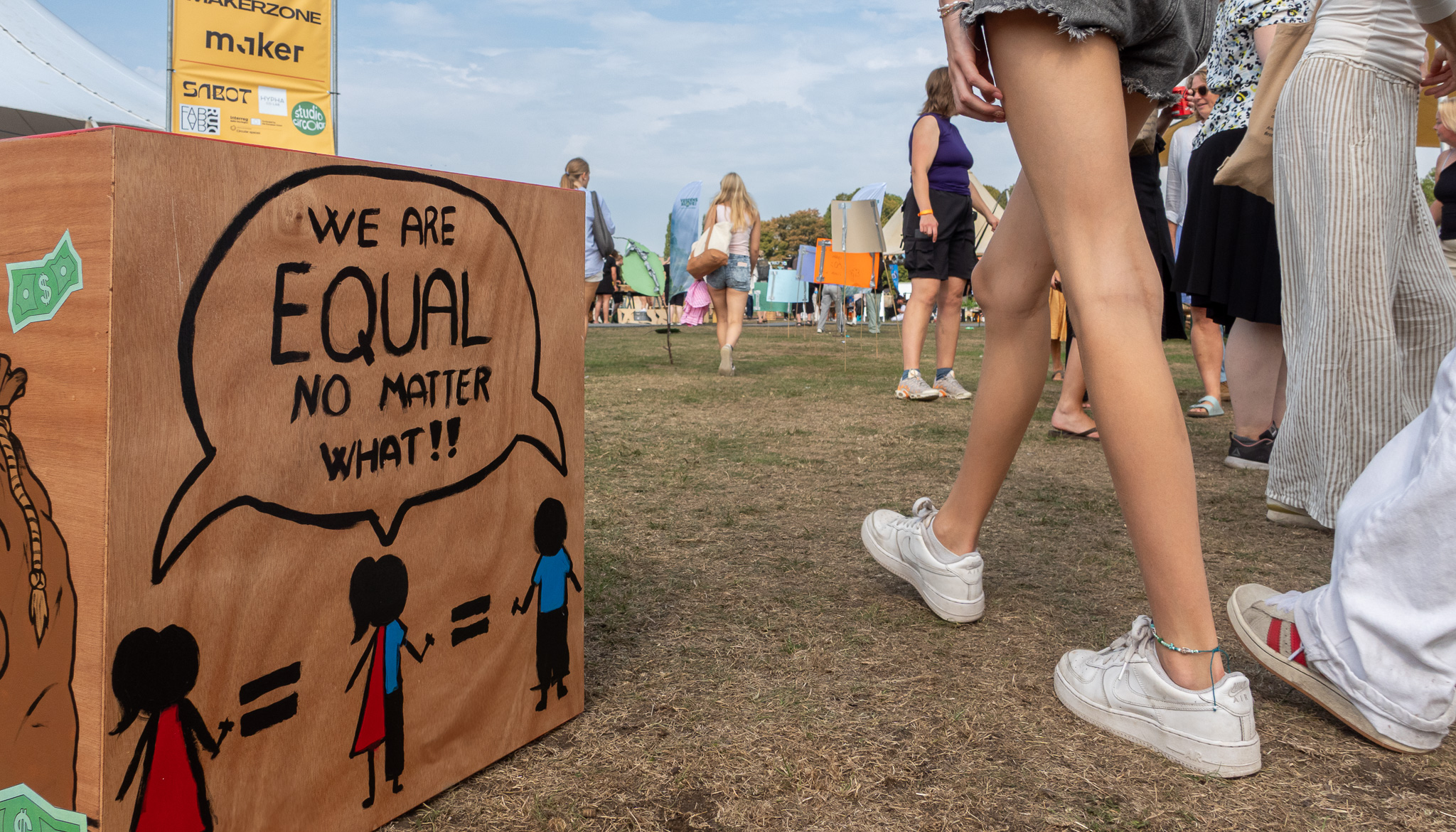
New design lab will ensure everyone's access to nature

Today, there is an increased political and research focus on the fact that nature contributes positively to our physical, mental and social health and thus also to the country's health economy. It is therefore important that we ensure that the whole population has access to green Denmark.
In the experimental laboratory Move Green Lab At the Arboretum, Professor Ulrika K. Stigsdotter and her colleagues will research the design, health and use of natural environments specifically designed to be accessible and health-promoting for people with physical impairments.
The arboretum in Hørsholm is a unique natural environment, which since 1936 has been used for research and teaching at the University of Copenhagen. Today, in addition to Denmark's largest collection of trees and shrubs, the Arboretum also contains therapeutic garden Nacadia® and health forest Octovia®. Move Green Lab is thus anchored in an already recognized research and education environment.
Henrik C. Wegener, Rector of the University of Copenhagen, kicks off the project on 14 January 2019 with an event for invited guests at the Arboretum in Hørsholm.
The project has a total budget of DKK 14 million and is supported by the Bevica Foundation, 15. Juni Fonden, Lokale og Anlægsfonden and Nordea Foundation.
Collaboration on health
The project focuses on the fact that conscious planning and management of nature and green spaces has a great potential to promote health, both mentally, physically and socially, in relation to people with disabilities. However, it can be difficult to create natural areas so that they become accessible without destroying health potential at the same time.
The results from the research in the laboratory should therefore help practitioners implement new solutions for people with mobility disabilities around the country. Therefore, workshops, guided tours and sparring are organized for nature managers, municipalities, health professionals, landscape architects and others.
“Everyone should have the opportunity to get out into nature — with or without disabilities. It promotes both health and well-being, and it counteracts social isolation,” says Sif Holst, Vice Chairman of Danish Disability Organizations (DH). She elaborates;
“The MoveGreen project focuses on the good access in parks and forests, and there is a great need for this. People with disabilities will also join the hike, bird watching or mushroom hunting. Therefore, at DH, we hope that with MoveGreen the country's municipalities will have a tangible tool to create equal access for all in nature.”
Health-promoting nature for people with movement disabilities
The experimental laboratory builds on the knowledge gathered by the researchers in the report Health-promoting nature for people with movement disabilities. The report says that people with mobility impairments use nature less than others, even though they live very close to it. Thus, they are at risk of becoming involuntary 'inside-people' and often have more health problems than people without movement disabilities. The health potential is therefore all the greater for this part of the population.
MSO Professor Ulrika K. Stigsdotter talks about the project;“The results of the report are alarming and show that people with mobility disabilities do not have the same access to nature as the rest of the population. We want to change that with our new project — Move Green! An important part of this transformation effort is to disseminate the results of our research through workshops, where we help practitioners and nature managers implement the findings from the research. At the same time, we will incorporate our findings into our teaching of the landscape architects of the future. Our ambition is for the next generation of landscape architects to be equipped with the tools and mindset to work actively and creatively to make nature and green spaces accessible to all”.
Funding for Move Green
The Move Green experimental laboratory has a total budget of DKK 14 million and is supported by:
— Nordea Fund with DKK 4,517,000
— The Bevica Foundation with DKK 4,000,000
— 15 June The fund with 2,583,000 DKK.
— Local and Civil Engineering Fund with DKK 2,000,000
— University of Copenhagen: 900,000 DKK
About the report
The results of the report show, among other things, that people with disabilities in the form of mobility problems:
- They use nature less than the general population, despite the fact that they live very close to it.
- Appreciate nature experiences, which contributes to their quality of life.
- Experiencing many barriers related to being in nature: own barriers, barriers from other people, barriers posed in the physical environment and lack of information.
- Generally has greater physical and mental health challenges than the general population.
It was also found that:
- Some design solutions in practice do not work optimally or correspond to the preferences of the target audience.
- Evaluation of projects is done by the builder, and communicated (not always) back to the drawing rooms.
- No research focuses on evidence-based knowledge of health design for the target group.
- Research in the field is limited and the quality is low.
- Skills development courses are in demand, which strengthen professionals' work with the target group in nature.
The report was prepared in collaboration with a number of Danish universities, the Handicapidrættens Videnscenter, the Bevica Foundation, the June 15 Foundation and Danish Disability Organisations and was funded, among other things, by the Ministry of the Environment and Food The Social Nature Pool.
Latest News
Follow the latest news from the Bevica Foundation below.



